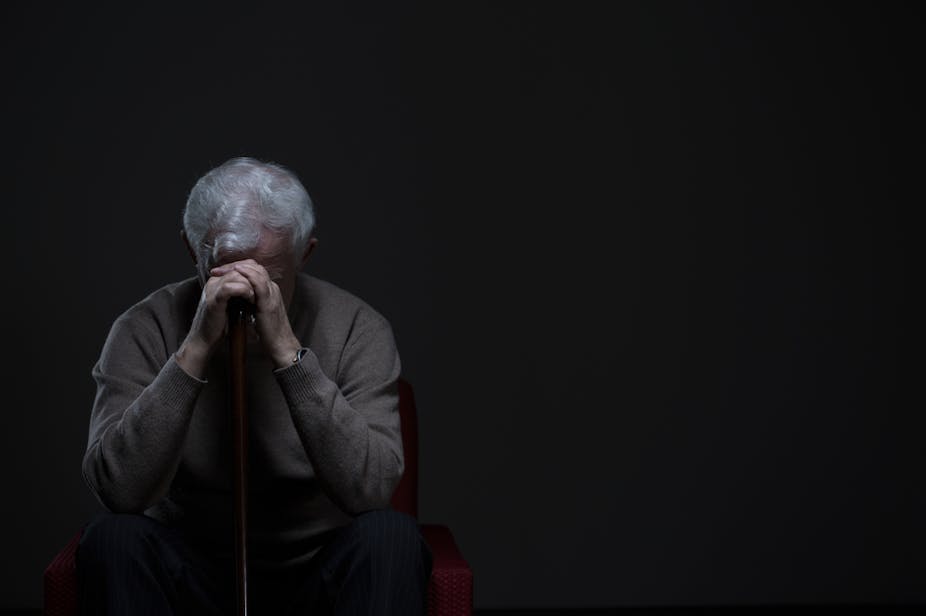Two recent complementary reports on long-term care for older people – one from the Demos Commission on Residential Care, chaired by former care minister Paul Burstow, and the other from the King’s Fund Commission on the Future of Health and Social Care in England, chaired by economist Kate Barker – suggest we need urgent reforms to deal with the increasing demands for health and social care, created by the ageing population, as a result of technological and medical advances.
Both also highlighted concerns over the lack of funding to meet current and future demands and that without prompt action, the successful implementation of the Care Act to reform social care, and the future care system, will be jeopardised. Yet, given that the issues raised are likely to affect us all, once again the media coverage of both reports and the issues raised by them has been less than adequate.
What they say
The residential care sector is an underused and overlooked resource of specialist support and expertise, which is frequently hindered by the structures around it. The Demos Commission, with which I was involved, calls for a separation of the “what” (the care and support people need) from the “where” (various housing options, where this care is delivered), to allow a freer choice of housing to meet individual preferences. This would require a change in the way we regulate, fund and commission care.
Reflecting on issues wider than the residential sector, the Barker report suggests that a much simpler, graduated pathway of support is needed through the current health and social care system; better integration of health and social care; a single, ring-fenced budget administered by a single local commissioner; more equal support for equal need; and for the attendance allowance – a tax-free benefit for disabled people aged 65 or over who need care – to be more closely related to the social care system.
Some interesting practical ideas are explored in both reports. For instance, the Demos Commission proposes making care homes more visible in the community by combining properties with educational institutions or community centres such as nursery groups, libraries or leisure facilities. This would make them appear less like “islands of the old”, places to be feared by the public.
Incentives could also be offered to encourage new building to meet future demand, such as selling off unused hospital land, expedited planning permission and reduced purchase prices on surplus land for providers who are willing to reserve a percentage of space for state-funded care, or contribute to local authority services.
The Barker Commission calls for increasing the income from prescription charges, means testing some universal benefits and raising significant additional taxation.
Disregard them at our peril
In my lifetime, what was once described as “nursing”, care for older people (including dementia) is now predominantly seen as the responsibility of the less expensive social care sector. While the social care sector should be celebrated for all it has achieved with diminishing resources, questions need to be asked about whether social care staff have the health-related skills required to be caring for some of the most vulnerable citizens in our society today.
This is just one issue that needs to be addressed across the complex public and private housing sectors and the health and social care system, which seem to be in melt down. Common sense tells us that to ignore this single issue, will lead to falling standards in care and support for older people and others with long-term conditions.
To address this issue alone will require much more funding. It may seem a common refrain but think about this: if standards continue to fall, quality of life for some older people may become unbearable and we need to prepare ourselves for the fact that this may lead to some choosing their own demise which, in turn, might lead to legislative changes which would change the very fabric of our society.
This is a personal and extreme view that may not be shared by other commissioners. Whatever one’s ethical views on the limits of individual choice might be, my real concern is that if we do not engage in a realistic public debate about the future funding of health and social care and embrace radical reform, we lay ourselves open to a society which may eventually endorse extreme views for political and economic reasons alone.
Collectively, we need to decide if this is the sort of society that we really want, or it may come in by default. Either way an urgent public debate is needed – and this week’s lack of any meaningful media coverage is extremely worrying. This story is not going to go away and it is certainly not about “them” but “us”.

